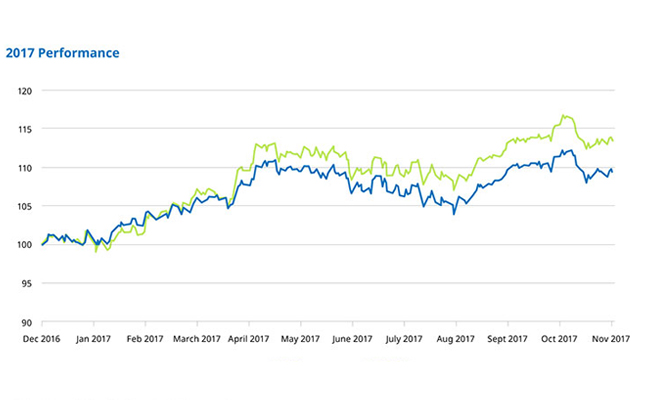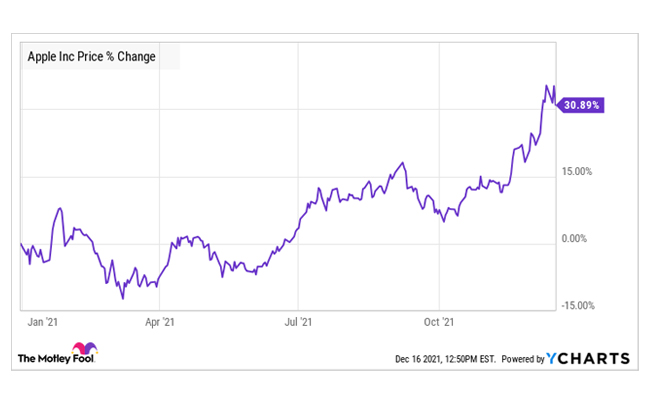Stock Market Performance: Understanding the Basics
The stock market is one of the most popular investment avenues for investors looking to grow their wealth. However, it can be a complex and confusing world, and understanding how the stock market performs is crucial to making informed investment decisions. In this article, we will discuss the basics of stock market performance and how it affects investors.
What is stock market performance?
Stock market performance refers to the performance of the stock market as a whole or individual stocks over a certain period of time. It is often measured by stock market indexes, such as the S&P 500 or the Dow Jones Industrial Average. These indexes track the performance of a group of stocks, and changes in these indexes reflect changes in the overall market.
Factors that influence stock market performance
Several factors can influence stock market performance. Some of the most common ones include:
- Economic indicators: Economic indicators, such as gross domestic product (GDP), unemployment rate, and inflation, can have a significant impact on the stock market. A strong economy usually leads to higher stock prices, while a weak economy can cause stocks to decline.
- Company earnings: Company earnings are a crucial factor in determining stock prices. When a company’s earnings exceed expectations, its stock price usually goes up, and vice versa.
- Interest rates: Interest rates can also affect stock prices. When interest rates are low, investors are more likely to invest in the stock market, driving up stock prices. On the other hand, when interest rates are high, investors may prefer to invest in bonds, causing stocks to decline.
- Political events: Political events, such as elections and changes in government policies, can also impact the stock market. Investors may react positively or negatively to these events, depending on how they perceive them.
Measuring stock market performance
As mentioned earlier, stock market performance is often measured by stock market indexes, such as the S&P 500 or the Dow Jones Industrial Average. These indexes track the performance of a group of stocks and provide investors with an overall picture of the market’s performance.
In addition to stock market indexes, there are several other ways to measure stock market performance, including:
- Total return: Total return measures the total return of an investment, including both capital gains and dividends.
- Price-to-earnings ratio (P/E ratio): The P/E ratio is a measure of a company’s stock price relative to its earnings. A high P/E ratio indicates that investors are willing to pay more for a company’s earnings, while a low P/E ratio suggests that investors are less optimistic about a company’s future earnings potential.
- Dividend yield: Dividend yield measures the amount of dividends paid out by a company relative to its stock price. A high dividend yield indicates that a company is paying out a significant portion of its profits as dividends.
Impact of stock market performance on investors
The performance of the stock market can have a significant impact on investors. When the market is performing well, investors may be more inclined to invest in stocks, hoping to benefit from the upward trend. On the other hand, when the market is performing poorly, investors may become more cautious and move their investments to safer assets, such as bonds.
It is important to note that the stock market is inherently volatile, and short-term fluctuations are common. However, over the long term, the stock market has historically provided strong returns to investors who are willing to take on the risk.
Conclusion
Understanding stock market performance is crucial for investors looking to make informed investment decisions. While the stock market can be volatile in the short term, it has historically provided strong returns to investors over the long term. By monitoring economic indicators, company earnings, interest rates, and political events, investors can gain a better understanding of how the stock market performs.
![]()






One thought on “Stock Market Performance”